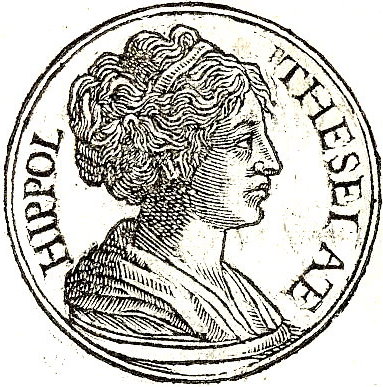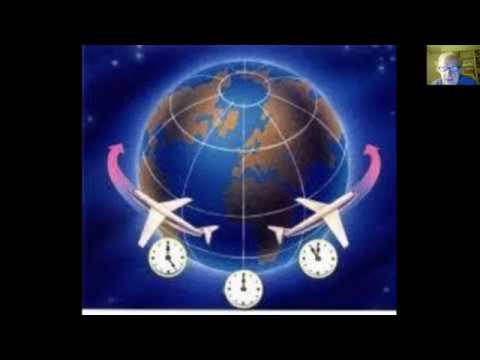Julian Date: 24591128.16
2020-2021: XXIV
THE DAILY ASTRONOMER
Monday, October 5, 2020
Remote Planetarium 102: Relativity Questions
Honestly, Special Relativity is a mind bender. Intuitively, we are accustomed to thinking about space and time as rigid, absolute and independent of each other. A person runs around a track in three dimensional space while time ticks along at a constant clip. The track distance remains constant as time's progression is inexorable and unaffected by the runner's velocity. And, indeed, in our lives, space and time do seem rigid and distinct because we tend to move at low velocities and, as we'll learn later this week, we inhabit a region of low gravity. However, when the speeds are high and the gravitational fields strong, space and time behave in a wholly counterintuitive manner, as Albert Einstein (1879-1955) explained with his two monumental theories, the Special Theory of Relativity (1905) and General Theory of Relativity (1916). We devoted all of last week to Special Relativity and light. We'll begin this week by answering some intriguing questions people have asked us about it.
Has anybody actually proven that time dilation occurs? It seems like it couldn't be proven since we can't travel at relativistic speeds? T.P.
Yes, physicists have conducted experiments to verify that time dilation actually occurs in moving vessels. Perhaps the most famous is the Hafele-Keating experiment (1971). Named for the two US Naval Observatory physicists in charge of the experiment, Joseph C. Hafele (1933-2014) and Richard E. Keating (1941-2006), this test placed atomic clocks on commercial airliners that then flew twice around the world. They first flew eastward and then westward to determine the time difference between the airplane clocks and those on the ground.
They were testing for both gravitational time dilation effects (we'll discuss later this week) and kinematic time dilation effects. When the plane moved eastward, it was traveling along the direction of Earth's rotation and so the plane's velocity was greater than that of a Earth-bound observer. When the plane moved westward, it was moving against Earth's rotational direction. The Earth bound observer moved more quickly. Consequently, the eastward plane was expected to experience a time loss while the westward plane should have experienced a time gain relative to the Earthbound observer.
A graphic showing highly exaggerated clock differences related to both airplane flights around the world during the 1971 Hafele-Keating experiment.
The measured time dilation amount for the eastward plane equalled -40 nanoseconds; the westward plane's time gain equaled 275 nanoseconds. Both measurements were within 10% of the expected values.
“If one twin is traveling and the other is not, there must be a reference point by which to determine which twin is traveling and which is not. How do we know which twin is stationary?” -P.W.
The twin paradox has been a tricky matter in Special Relativity. We will attempt to resolve the "paradox," (which isn't), to the best of our ability. Let's imagine a set of twins, Castor and Pollux, are standing on Earth. Castor, an inveterate wanderlust, decides to embark on a trip to a distant star. Pollux, more of a homebody type, decides to remain on Earth. Castor leaves at 95% light speed. He reaches his destination and then immediately returns. When he disembarks, Pollux is present to greet him. Even though they're twins, Pollux is now much older than Castor because the latter was moving quite quickly relative to Pollux. However, relative to Castor, didn't Pollux also appear to move at 95% light speed and shouldn't he be the younger of the two? This situation isn't a paradox at all because Castor left Earth's reference frame and then returned to it, while, in this example, Pollux always remained within Earth's reference frame. This statement is not to suggest that Earth holds a special place in this situation. The age difference would occur if Castor and Pollux started on the moon, Venus, or on a space station around Vega. Castor becomes the younger twin by virtue of his rapid departure away from Pollux's reference frame.
"What is the basis for using the denominator 299,792,458 for the ratio that creates the precise length of a meter?" -J.V.
The speed of light value is exact because the meter is defined in reference to light speed. A beam of light traveling through a vacuum moves 299,792,458 meters each second. Consequently, when the meter was re-defined in 1983 in reference to light speed, it was measured as the distance that light travels through a vacuum at 1/299,792,458th of a second.
To subscribe or unsubscribe from the Daily Astronomer:


